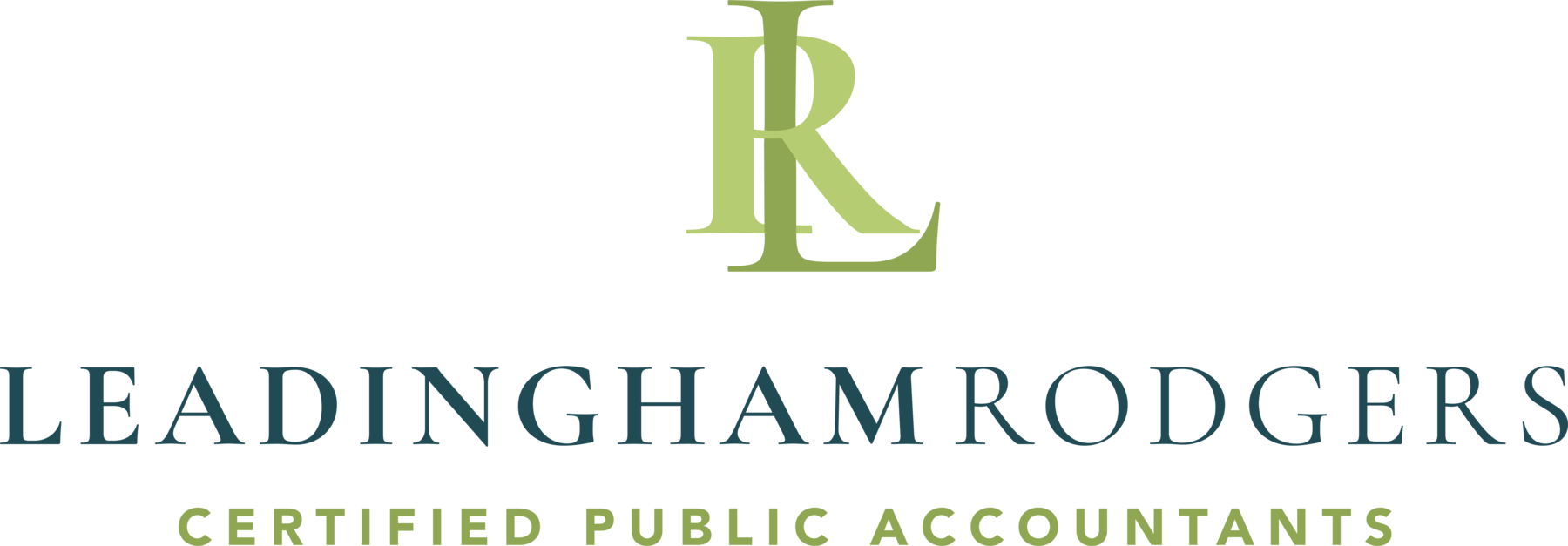As a business owner, your job is to manage the big picture, making sure that…

Debt Management 101: How to Get the Upper Hand on Business Debt
If Alabamans aren’t nationally recognized for their entrepreneurial spirit, they truly ought to be. With over 400,000 small businesses in the state, accounting for 99% of all businesses here, Alabamans are making incredible contributions to their local economies and communities. But as we all know, the last few years have had their share of unique challenges, leaving many business owners struggling to manage their debts.
Debt management is a crucial aspect of any successful business—you have to balance smart investments with healthy cash flow to find the ideal debt ratio for you. Let’s look at business debt, and how you can make it work for you.
How Do Small Businesses Manage Debt?
Although debt is usually one of those four-letter-words we don’t want to hear, most business owners know that some debt is a good thing. The right amount of debt can help your company grow and expand, achieve a higher credit score, and secure lower interest rates.
However, too much debt is never a good thing. You may have multiple payments to monitor and keep track of, making it easy to miss one and rack up penalties. Your repayments may start to interfere with your cash flow. And your business credit score may take a dive, making it difficult to secure additional loans with affordable rates.
if you find yourself in a position where a third or more of your business capital is tied up in credit debt, that’s when things may need to change. Here are a few tips for making the most of your debt.
Tip #1: Invest in Your Growth
It’s important to make investments that will improve your business in the long term. For instance, taking out a loan to purchase a large piece of equipment that will boost your revenue is “good” debt. Whenever you’re thinking about taking on more debt, evaluate it for its return on investment and ability to improve your cash flow while you’re paying it off. Don’t be afraid to make these kinds of investments!
Tip #2: Take a Full Inventory of Your Debts
As you grow and take on more lines of credit, it’s important to stop and look at the full picture. Categorizing and organizing your debts can help you put together a winning management strategy. Make a note of loan details such as:
- Total remaining balance
- How much you pay per month
- Interest rate
- Repayment terms & due dates
- How you pay (check, bank draft, etc.)
- Type of credit (loan, credit card, bank line of credit, etc.)
- What the debt is for
Tip #3: Pay Down High-Interest Loans First
Whenever possible, try to prioritize debts with higher interest rates. Identify the loan that carries the highest rate and do your best to tackle that one first—doing so could save you hundreds if not thousands in the long run. There are a few ways to go about this:
- Make more than the minimum payment every month
- Pay more than once per month (for example, every two weeks instead of every month)
- Set up automatic payments or payment reminders to help you stay on target
If you can pay more than the minimum on more than one account, that’s even better. But as long as you’re making regular payments on the other accounts, prioritizing the highest rate will help you reduce the total amount owed faster.
Tip #4: Look for Ways to Boost Cash Flow
We understand—this is easier said than done, especially in a tough economy. That said, managing cash flow isn’t only important for making your monthly payments. An extra boost can also help you lower your overall debt utilization rate, in turn improving your credit score.
Consider cash flow improvements such as:
- Offering a discount or putting on a sale to entice an influx of customers
- Small overall pricing increases for products or services where possible
- Additional marketing to engage more customers online or within the community
- Cutting non-essential expenses
- Adding products or services that customers demand
Tip #5: Reevaluate Your Invoicing Strategy
If you find that a lot of your cash flow is tied up in late or unpaid invoices, it may be time to reevaluate how you request payments and follow up with clients. More frequent invoices may help you minimize issues, so consider shortening your remittance window from 30 days to 14 days, especially if you bill electronically.
For clients who consistently lag in payments, you may want to consider new terms. An installment plan could help your client pay what they owe while you keep revenue streams open. Or, you could offer more creative solutions like the 2/10 Net 30 trade credit, where customers get a 2% discount if they pay in full early (within ten days). Otherwise, they can pay in full in 30 days without the discount.
Tip #6: Consider Debt Consolidation
If your business is juggling multiple debts, struggling under high interest rates, or frequently missing payments, debt consolidation could be a great option to consider. Merging your debts into one fixed payment at a more favorable interest rate makes it much easier to budget consistently and tackle the problem for good.
That said, be careful about who you choose, as there are many debt consolidation scams out there. At Leadingham Rodgers, our local CPAs have helped hundreds of business owners find realistic solutions for managing their debt right here in Montgomery.
Tip #7: Get Help from a Certified Public Accountant
From debt management to financing help, hiring business consulting services from a CPA is a great way to identify opportunities for growth—and areas that are negatively impacting your business. The right balance between good and bad debt is going to be different for each unique business. A CPA can help you strike that balance, offering personalized advice and solutions to help you reach your financial goals for the new year and beyond.
Leadingham Rodgers: Debt & Financing Services in Montgomery, AL
As a business owner, you have a lot on your plate—let the experts at Leadingham Rodgers help you manage debt, evaluate your financing options, and get you on the healthy side of debt. We have years of experience serving businesses and individuals throughout South Alabama, combining our exhaustive accounting knowledge with our deep roots in the community to find meaningful solutions. Call (334) 721-2548 or contact us online to get started.



